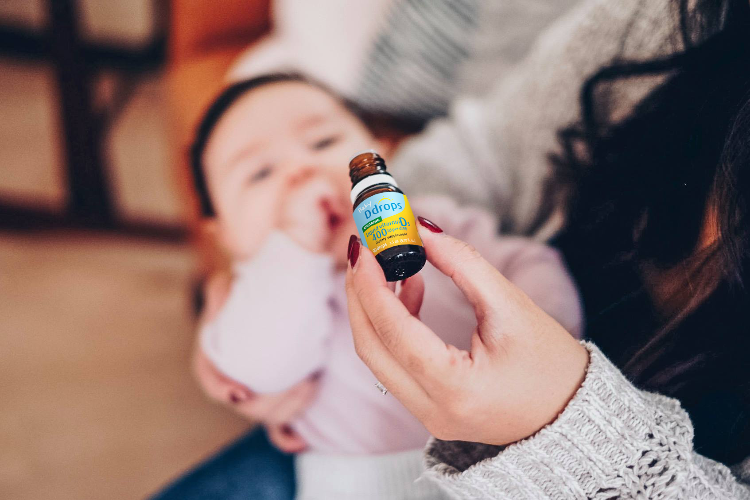January 6, 2020
Vitamin D plays an important role in developing and maintaining healthy teeth and bones all the way from infancy to adulthood. The main job for vitamin D is to facilitate the entry of calcium and phosphorus into the body, both of which are essential minerals for building, maintaining, and protecting bone tissues. Besides enhancing the entry of calcium and phosphorus, besides enhancing the entry of calcium and phosphorus, vitamin D also ensure a healthy balance in the blood
Vitamin D and Bone Health
Vitamin D is formed naturally in the skin when exposed to direct sunshine, but it works to enhance calcium and phosphorus absorption in the ileum, a part of the small intestinal tract. In fact, 70 to 80 per cent of calcium absorption occurs in this specific area of the intestines.1 Therefore, without vitamin D, your levels of calcium and phosphorus may not be optimal, and here might not be enough to effectively develop and maintain healthy bones.
Bones throughout a lifetime:
- Infancy and childhood: Bones developed during infancy and childhood, so this stage is extremely important and a reason why pediatricians monitor nutrition and supplements like vitamin D at this stage.
- Adolescents: The teenage years are critical because 90 per cent of bone growth actually takes place between the ages of 10 and 20 years.2,3 That means that during late adolescence or early adulthood, a person’s bones will reach its peak density. Studies in bone health suggest that the more solid bones during their peak density stage (ie. adolescence and young adulthood), the more likely these bones will endure during later years. This is why health experts emphasize the importance of exercise and good nutrition with adequate amounts of vitamin D, calcium, and phosphorus throughout life and especially during our younger years. In fact, osteoporosis has been referred to as “a pediatric disease with geriatric consequences”. 2
- Adulthood: Bone density is of the utmost importance for adults because we start losing some of it as we get older. For women, bone loss mostly occurs rapidly immediately after menopause and then the rate of bone loss slows down.4 If bone density decreases significantly, this could increase the risks of bone loss and osteoporosis. An analysis of 12 fracture prevention trials, which consisted of over 40,000 elderly people, mostly females, showed that a daily dose of 800 IU of vitamin D reduced hip and other non-spine fractures by 20 per cent. Lower doses of vitamin D did not achieve such benefits.[5]
The bottom line, every life stage is important for bone health!
This article was review and updated in August 2019







Leave a comment
This site is protected by hCaptcha and the hCaptcha Privacy Policy and Terms of Service apply.